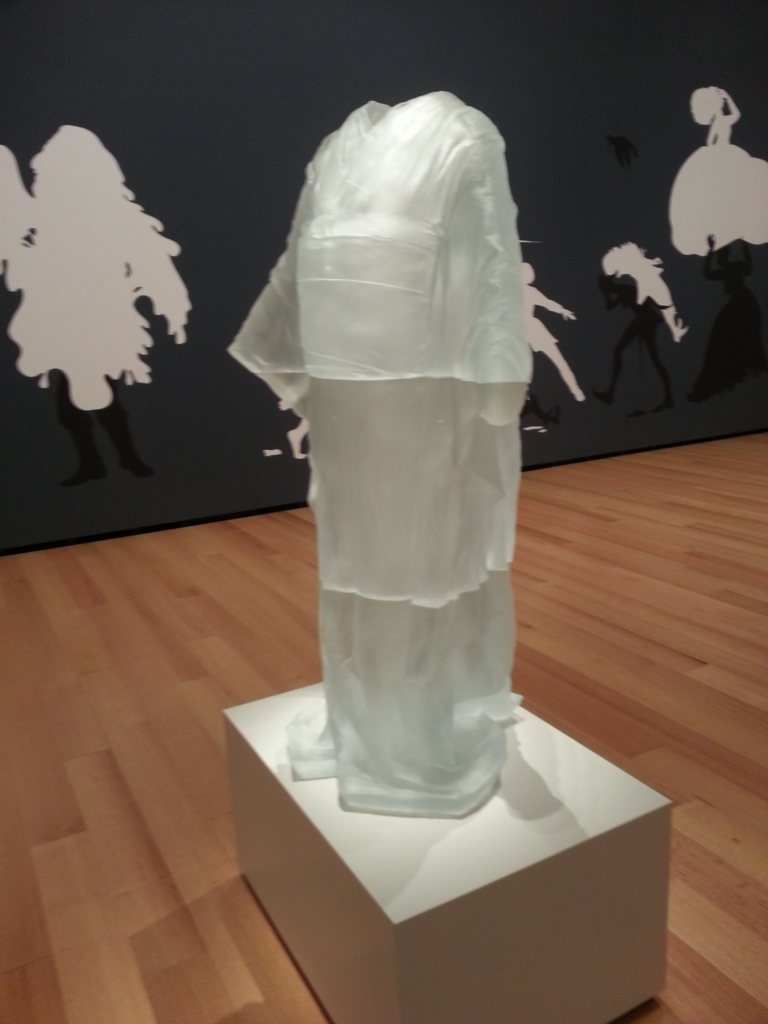Acupuncture Effect on Startle and HRV in Beagles
Kristen Sparrow • January 22, 2018


This article is similar to the article on horses which also showed a blunting of the autonomic response to startle. There was also this article that looked at startle in young men showing that TAVNS improved their response to startle.
Effects of acupuncture on the heart rate variability, cortisol levels and behavioural response induced by thunder sound in beagles.
Abstract
Sound stimuli such as fireworks, firearms, and claps of thunder have been used as a stress reactivity model for dogs. Acupuncture has been widely used to treat and prevent physiological and behavioural disorders induced by stress. Our study aims to evaluate the effects of acupuncture on cardiac autonomic modulation (heart rate variability – HRV), behavioural (reactivity) and endocrine (cortisol levels) responses in dogs exposed to sounds of thunder. Twenty-four laboratory beagles (12 males and 12 females, 1-6years old) with no history of phobia to thunder were subjected to a sound stimulus that consisted of a standardized recording of thunder over a 150s period with a maximum intensity of 103-104dB. Before the sound, the dogs underwent a 20-minute session of needle insertion at acupuncture points Yintang, GV20, HT7, PC6 and ST36 (ACUP), in non-points (NP) or left undisturbed (CTL). Cardiac intervals were recorded using a frequency meter (RS 800cx, Polar, Kempele, Finland) to evaluate the HRV, and the data were later analysed using CardioSeries v2.4.1 software. Acupuncture (ACUP) changed the sympathovagal balance with a shift towards parasympathetic modulation, reducing the prompt sound-induced increase in LF/HF (low frequency/high frequency) ratio and in the power of the LF band of the cardiac interval spectrum, and decreased the power of the HF band of the cardiac interval spectrum (p<0.05); however there was no change in the heart rate. Acupuncture reduced the behavioural response induced by sounds of thunder (when all behavioural parameters were considered together) and the behaviours hiding, restlessness, bolting and running around (when the parameters were analysed separately (p<0.05). There were no changes in cortisol levels due to the sound stimulus or acupuncture. Our results demonstrate that a session of acupuncture prior to sound stimulus can reduce cardiac autonomic and behavioural responses, without changing cortisol levels in beagles.

